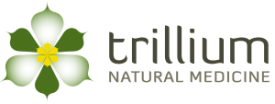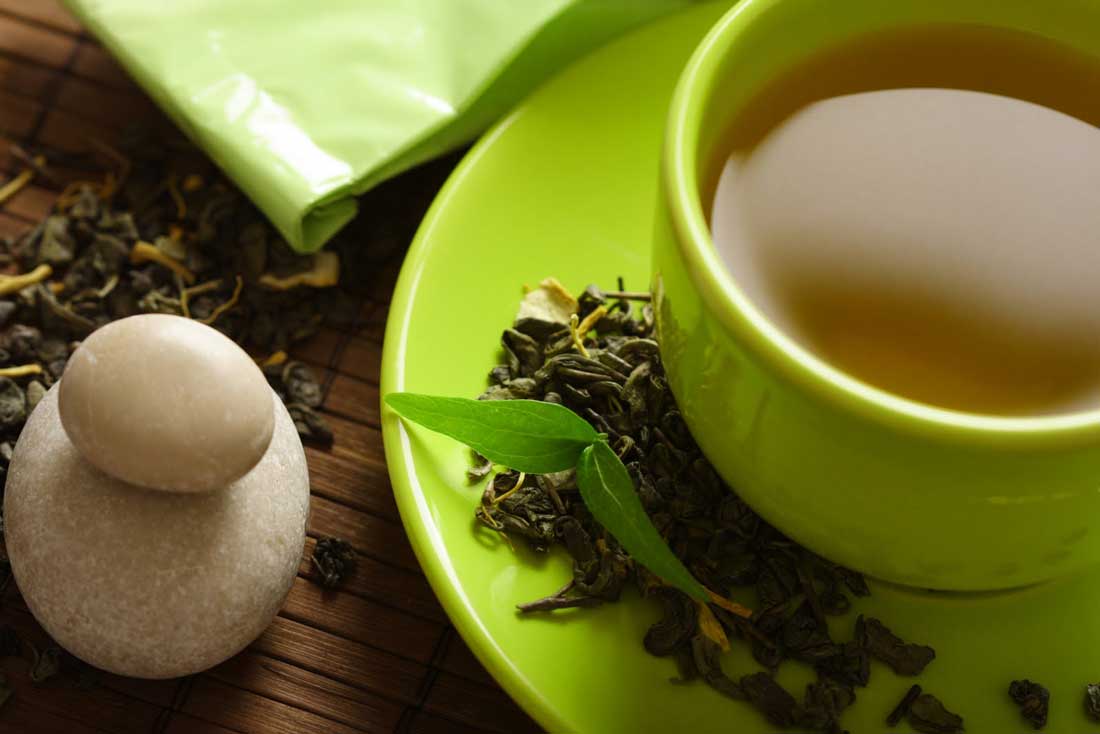 As we approach the end of October and Halloween, I’d like to address one scary, yet very real topic on many people’s mind this month: breast cancer. October is Breast Cancer Awareness Month. Breast cancer can be an intimidating topic, but it’s an area of life where knowledge is crucial so that we can be proactive in preventing this disease. Many of us have at least one family member or friend who has been diagnosed with breast cancer.
As we approach the end of October and Halloween, I’d like to address one scary, yet very real topic on many people’s mind this month: breast cancer. October is Breast Cancer Awareness Month. Breast cancer can be an intimidating topic, but it’s an area of life where knowledge is crucial so that we can be proactive in preventing this disease. Many of us have at least one family member or friend who has been diagnosed with breast cancer.
When it comes to breast cancer, the good news is that are several areas of our health that can be addressed in order prevent breast cancer. In this blog post, we’ll dive into three key areas that are paramount in order to prevent breast cancer:
#1: Inflammation.
We’ve talked about inflammation in the past. Inflammation underlies every chronic disease, whether it’s diabetes, heart disease, autoimmune disease, gastrointestinal disease or cancer.
Food choices affect inflammation in our body. When making food choices we either increase or decrease inflammation. Inflammatory foods, specifically processed foods, sugars, meats, dairy and some carbohydrates promote inflammatory pathways in the body. Foods that have been genetically modified (GMOs), such as corn, wheat and soy are also inflammatory. By eating these foods, it sets the stage for chronic disease by creating inflammation around the gut. In a balanced immune system, healthy inflammation should be like a pilot light on a gas stove, which burns low and steady and is ready to respond with a larger fire if needed to combat an intruder to the body. This is the body’s attempt to heal itself and inflammation will consist of heat, itching, pain, swelling and redness. After the resolution of the pathogenic intruder, the large flames return to a pilot light size. When chronic inflammation occurs, a blazing bonfire is burning all the time. This occupies your immune system, distracting it from doing what it needs to do: respond to a virus, fungus or bacteria as well as detect cells that have begun to grow erroneously that could lead to cancer.
On the flip side, we can make healthy food choices that are anti-inflammatory. Vegetables and fruits are the most obvious anti-inflammatory choices. There are super foods that are highly anti-inflammatory, like garlic, ginger, green tea, leafy green vegetables, curcumin, and resveratrol (found in red grapes). These potent, alkalinizing foods are the baseline of the anti-inflammatory diet, which also includes things like fruits, vegetables, beans, seeds, nuts, legumes, herbal tea, filtered water, and small amounts of fish or meat. If you are going to eat meat or fish, choose wild Alaskan fish, or grass fed, free range, organic meats and minimize your consumption, as they contain saturated fats, which lead to inflammation.
#2: Estrogen balancing.
Estrogen is a factor in breast cancer as well. Many women who develop breast cancer have excess estrogen in their bodies. There are several different factors that can lead to this. Excess estrogen can come from high levels of inflammation. Since inflammation also causes trunkal obesity, or weight gain around the middle, the excess fat feeds into the estrogen dominance because fat in the body is accumulated by estrogen. That estrogen gets trapped and stored in the fat around the gut and then works as part of the endocrine system in a feedback loop, which continues the vicious cycle of circulating too much estrogen in the body. The liver is not able to keep up with conjugating and processing estrogen, and the intestines are not able to excrete estrogen with fiber as easily. In turn, estrogen accumulates.
In many cases, breast cancer is estrogen positive. Many female health issues in general revolve around estrogen dominance. When this happens, the woman does not have enough progesterone to oppose estrogen. An anti-inflammatory diet balances your glucose levels throughout the body because you’re eating low glycemic foods that are high in fiber, which keep your insulin levels stable and even. When people consume an inflammatory diet, they end up eating a lot of simple carbs, sugars, and processed food. This causes elevated insulin levels. Insulin tells your body to store fat, and it’s favorite place for fat storage is around the middle.
#3: Environmental toxins.
Lastly, let’s take a look at detoxification. On a daily basis, you are exposed to many different harsh chemicals and toxins that have become part of our environment. POPs (persistent organic pollutants), phthalates and parabens (to name a few) are in our lives every day. We’re exposed to them through plastics, cosmetics, household products, pharmaceuticals, foods and packaging. We encounter toxins in many different ways, and it’s really important for our bodies to have the ability to detox internally since the external environment is so polluted. Therefore, encouraging proper elimination of waste in your body through all the organs of elimination is really important.
The emunctories are organs of elimination and their job is to deal with endogenous toxicity and eliminate waste. The emunctory organs are: the kidneys, intestines, lungs, skin and liver. It is really important to follow basic, healthy guidelines, like eating an anti-inflammatory diet, getting adequate rest, decrease your stress, getting exercise, improving your circulation, and maintaining high levels of endorphins to keep your emunctories functioning at the highest level possible so that they do not allow toxins to adversely affect your body. Botanical medicine, homeopathy, hydrotherapy and acupuncture also work to improve the function of emunctories.
When it comes to breast cancer prevention, being aware of the cause of breast cancer empowers us to take an active role to prevent the disease and live as healthfully as possible.
For more information on breast cancer, check out our post on risk factors and alternative therapies.







